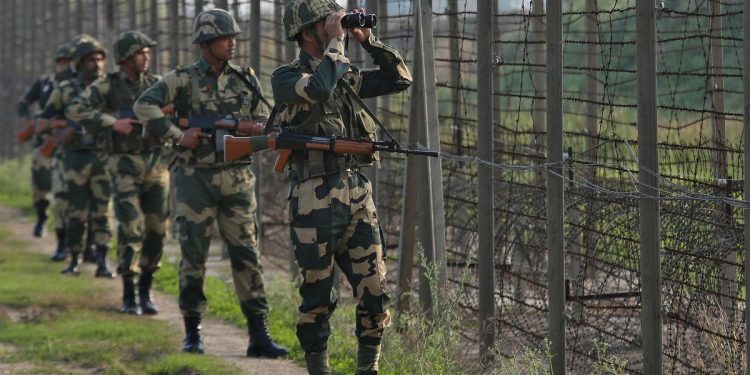The Emergency, the first few days – A personal recollection
That day we spent only finding out who all had been arrested and who had escaped the police dragnet. The next day, I had wanted to walk down to the Delhi State Socialist Party office and our trade union office. I was cautioned not to go anywhere near it. It was feared that Gobind, the office caretaker, was a police informer.
——
ON the morning of June 25, 1975, Than Singh Josh, the leader of the socialist trade unions in Delhi, and I had just reached Bangalore, as Bengaluru was then known. From the train station, we took an auto rickshaw to Subedar Chatram Road. We were going to the office of the Karnataka state Socialist Party. It was actually the office of K.G. Mahewarappa, a lawyer, who was a long time socialist. We were going to sleep there for the week.
…
The Emergency, the first few days – A personal recollectionRead More »


